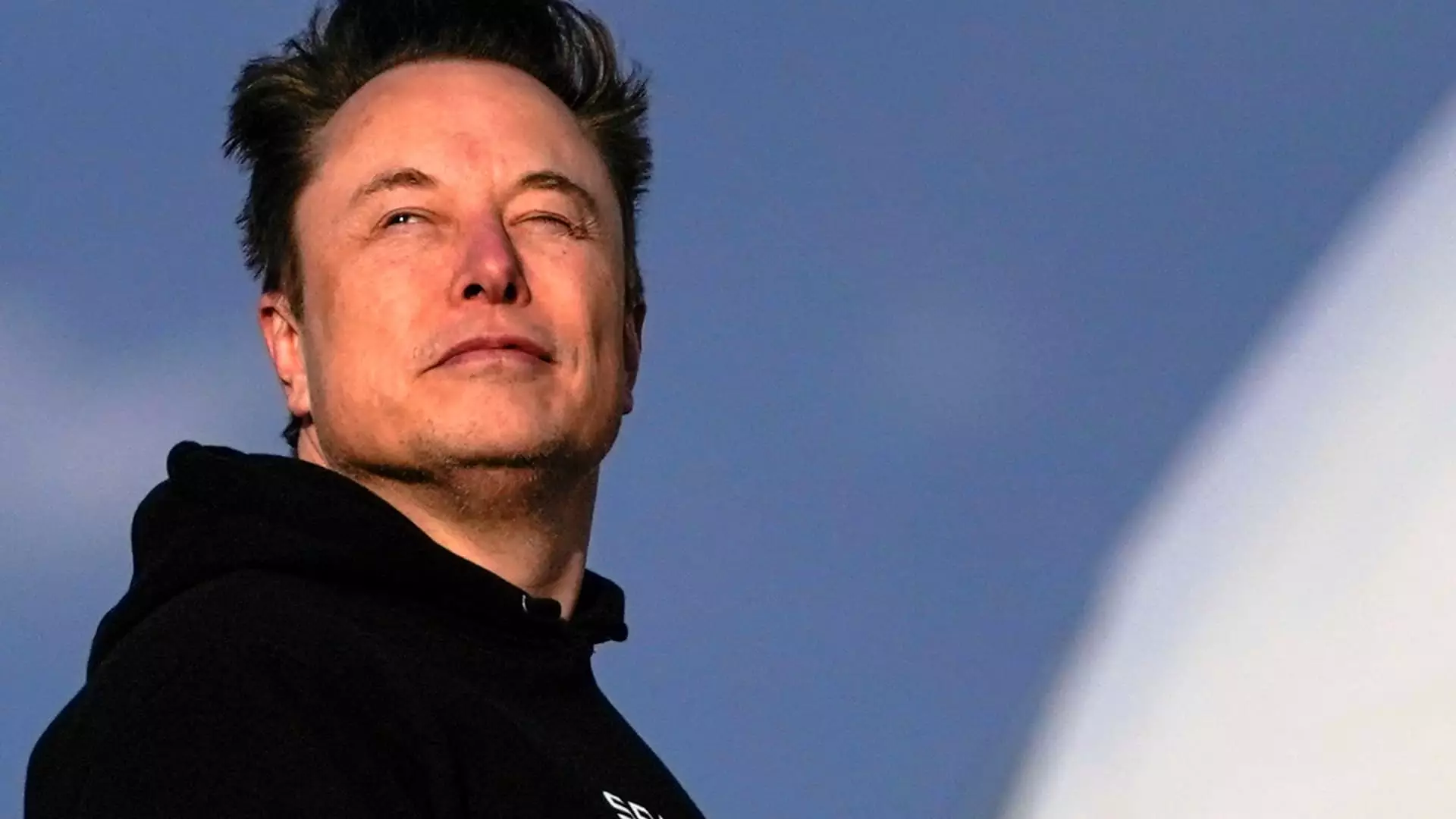In a world increasingly intertwined with technology, Elon Musk continues to push the boundaries of conventional business practices. His recent merger of xAI with his social media platform X—a decision that values his AI company at an astonishing $80 billion—is a testament to Musk’s unwavering ambition. The financial intricacies behind the merger, valued at $45 billion less $12 billion in debt, further complicate the narrative, leading to question the long-term viability of this bold endeavor. While the buzz surrounding this merger paints it as a groundbreaking fusion, many are left wondering if Musk is genuinely setting the stage for unprecedented innovation or merely leveraging his control over his ventures for personal gain.
Two Paths Converge: The Vision Behind the Merger
Musk’s rhetoric frequently veers into the grandiose. In his announcement on X, he claimed that the merger would “unlock immense potential” by combining the AI expertise of xAI with the massive reach of X. But is this potential attainable in the saturated landscape of social media and AI, where giants like OpenAI, Google, and Microsoft have already established formidable contact points with consumers? The intended synergy feels more like a desperate attempt to bolster the image of X, a platform recovering from the dramatic fallout since Musk’s acquisition of Twitter in late 2022. By wedging xAI into the fabric of X, Musk is likely calculating not just future profitability, but also political capital; he seems to want every avenue covered.
Financial Backing: A Network of Stakeholders
The merger was facilitated by notable investors, including the likes of Andreessen Horowitz and Sequoia Capital, revealing a complex and intertwined web of support that stands to either benefit or jeopardize the future of both entities. The mutual interests shared with these venture firms suggest Musk is operating within a well-laid plan to consolidate power and resources. Yet one must question whether such concentrations of wealth and influence serve a greater societal good or merely cater to Musk’s aspirations. One could argue that stifling competition through significant consolidation is a regressive move in the realm of innovation, raising flags about monopolistic practices.
The Existing Tensions: Musk vs. OpenAI
Interestingly, Musk’s relationship with the AI landscape has always been tumultuous. His departure from OpenAI—a company he co-founded—has morphed into a public spat with current CEO Sam Altman, raising eyebrows about the motives behind his new venture with xAI. This merger may act as a rebuttal to OpenAI’s strategies, driving Musk to reclaim leadership in a field he previously championed. But is this competition based on merit, or is it merely a manifestation of ego? It leaves one wondering if the development of AI will become an arms race rather than a collaborative effort to better humanity. Given Musk’s ambitions, he seems willing to make that gamble.
Environmental Concerns: A Bridge Not Crossed
Compounding the complexities of this merger are burgeoning environmental concerns surrounding xAI’s new initiatives, such as building a supercomputer in Memphis. The environmental implications are dire, and critiques have emerged surrounding the facility’s lack of community oversight, emotional transparency, and reliance on natural gas. This brings into question the ethical responsibilities of tech innovators like Musk—shouldn’t they take a more circumspect approach to the consequences their developments impose on local communities? With so much at stake, the merger’s “potential” risks overshadow its promise and reveal a troubling dissonance between innovation and environmental stewardship.
Political Maneuverings: A New Arena for Musk
Musk’s growing influence isn’t solely limited to technology; it’s seeping into political realms as well. Having contributed near $300 million to Republican candidates and causes, he is now steering the newly formed Department of Government Efficiency (DOGE). While he might frame this as a means to streamline government, one can’t help but perceive it as a self-serving strategy. This blending of technology with political might raises ethical questions about where accountability lies—especially when corporate interests are at stake. Is this merely a calculated power grab that could encroach on regulatory checks and balances?
Each turn of this story emphasizes the remarkable intersection of technology, finance, and politics, and the implications they bear on our society. As Musk leads the charge, one can only hope that the essence of innovation is not lost amid the overt ambitions, unsustainable practices, and an insatiable drive for supremacy.

